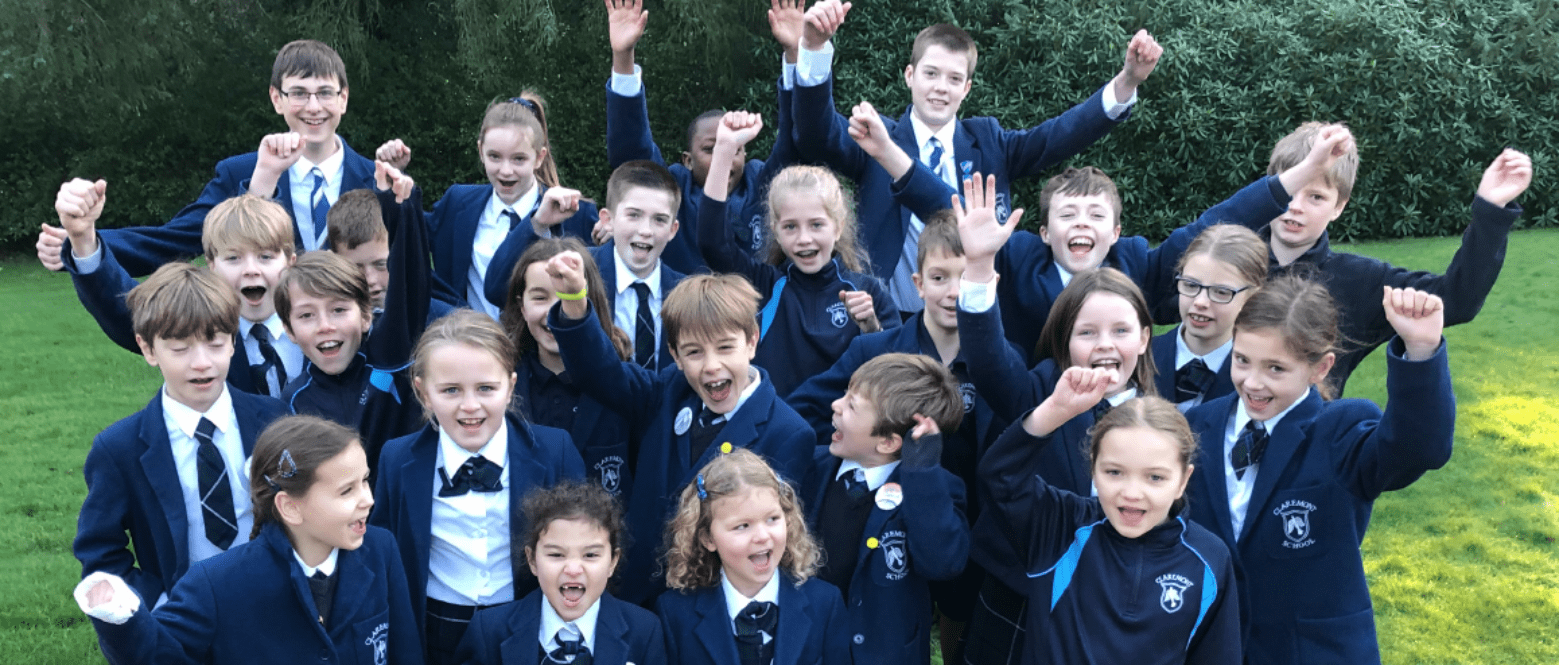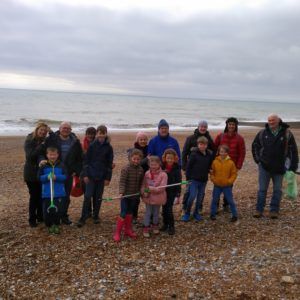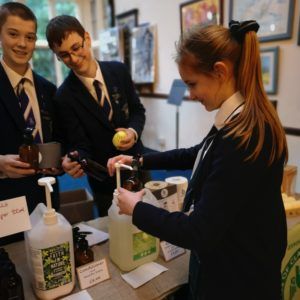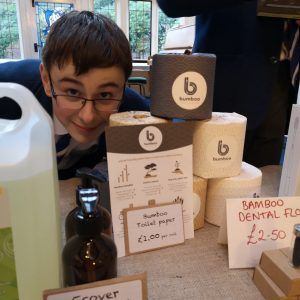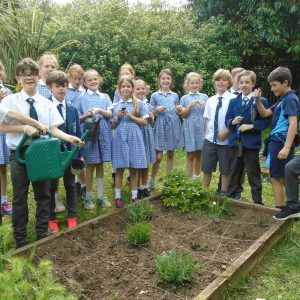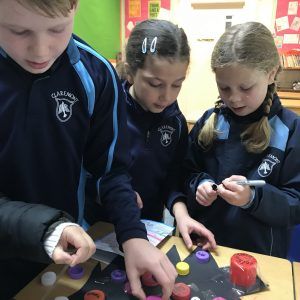With Greta Thunberg back in the headlines and the prospect of further lockdowns ever present in our minds, it feels like the perfect moment to pause for thought and consider the unexpected, positive impacts that COVID-19 has had on our environment. In pursuit of Green Flag Status, we also reflect on what we, as a school, had achieved before anyone had uttered the word ‘pandemic’.
At the beginning of the year, inspired by Greta’s work and remarkable address at the U.N summit, pupils from Year 7 and 8 decided to launch the Claremont Eco Store and what we believe is one, if not the first of its kind in a school. Having persuaded national suppliers to part with eco-friendly products at wholesale prices, to include shampoo, soap bars, reusable straws and bamboo ‘truthbrushes’, the children quickly built a loyal customer base of parents and friends, returning each week to refill their bottles and try out new products. Working with charity onetreeplanted.org, the children used their profits to ‘plant’ trees in areas of the world most in need, and less than 2 months later, over 225 new trees were donated to Kenya and then Australia, to help the landscape recover from the devastating bushfires that wiped over 20% of the country’s broadleaf forests off the planet. The children learnt from the charity, that around 2.77 tonnes of carbon dioxide will be removed from the atmosphere each and every year as a result of their efforts.
Meanwhile, pupils up and down the school, alongside a determined band of Prep School Eco Warriors, continued to drive their own initiatives to educate and empower the whole school community to play their part in safeguarding the environment.
With cross curricular opportunities aplenty, eco issues were addressed in Science, Art, Maths and even French, where a residential trip included a visit to the Nausicaa Sealife Centre in Boulogne and the chance to learn more about the problem of plastic pollution in our oceans. Older pupils researched the world of Fairtrade as part of their Geography curriculum before hosting their own all-school assembly. Global citizenship was highlighted during Fairtrade Fortnight, when the whole school took part in the 90kg Rice Challenge to show solidarity with rice farmers in Malawi, enabling them to afford secondary schooling for their children.
Beach cleans at Hastings, working with the Marine Conservation Society and litter picks around the school grounds became a regular part of ‘Warrior work’, and our ‘Switch off’ Week encouraged everyone to turn off unused electrical appliances at home as well as in school. Recycling of paper, card and plastic continued throughout the year with parents regularly contributing to the children’s battery recycling station, and the school dining room became a focus of eco activity ahead of the ‘The Great British Spring Clean’ in March. By Easter, having recently earned the school its official BBC Reporter School status, children from the Newspaper Club produced a special Eco Edition of the school Magazine to recognise and celebrate the ongoing work of the Eco Warriors and school community… …and then the world slowed down, stopped and eventually stood still as life in lockdown became the new norm.
As we clapped for the NHS, the skies turned a deeper shade of blue; as the motorways came to a halt and the airlines grounded, dolphins were spotted playing in the Venice lagoons, and as nature healed and people reconnected with it on their daily walks, cows reappeared on the Giant’s Causeway. By April, the Himalayas could be seen in northern India for the first time in 30 years.
Whilst recognising and facing up to the many challenges lockdown presented for our whole school community, we quickly embraced the surprising positives that resulted. With the launch of our ‘School without Buildings’ distance learning programme, the children were already primed and ready to apply their hands-on learning to their own eco initiatives from afar. The increased intensity of birdsong and activity in the late Spring did not go unnoticed but with our plans to plant a wildflower meadow at school dashed, and the Eco Store temporarily closed for business, we were reminded that the relationship between the natural environment, climate and people was as fragile as ever. At Claremont we have been on a journey to embed principles of sustainability in all that we do, and the children’s efforts were finally recognised in July of this year, when we were awarded the much-coveted, Green Flag Award.
But this is just the beginning and there is still much more work to be done. As a school community, whether together or apart, it is crucial we continue to not only inspire pupils to
believe their small actions can make a real and lasting difference, but also empower and equip children to go out and save the world. In the words of Greta ‘all we have to do is wake
up and change’!
Margaret Perry, Teacher and Chair of Claremont Eco Committee
This article also appeared in the Guide to Independent Schools – Autumn 2020, So Magazine, Times of Tunbridge Wells and on Independentschoolparent.com for Earth Day 2021
To receive the Green Flag Award, a school must demonstrate whole school involvement and evidence of sustained formal curriculum learning with regard to raising awareness of and improving the environment in both the school and local community, whilst at the same time having a life-long positive impact on the lives of young people and their families.

